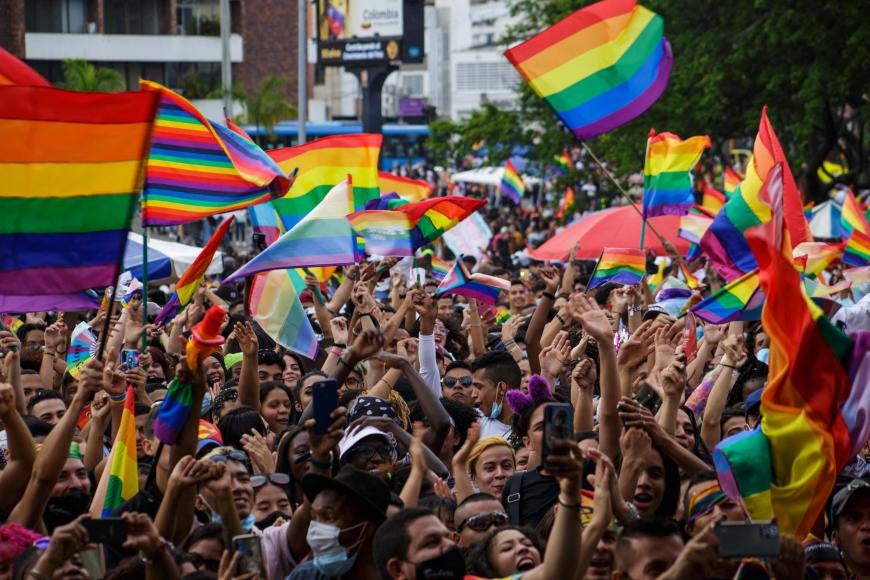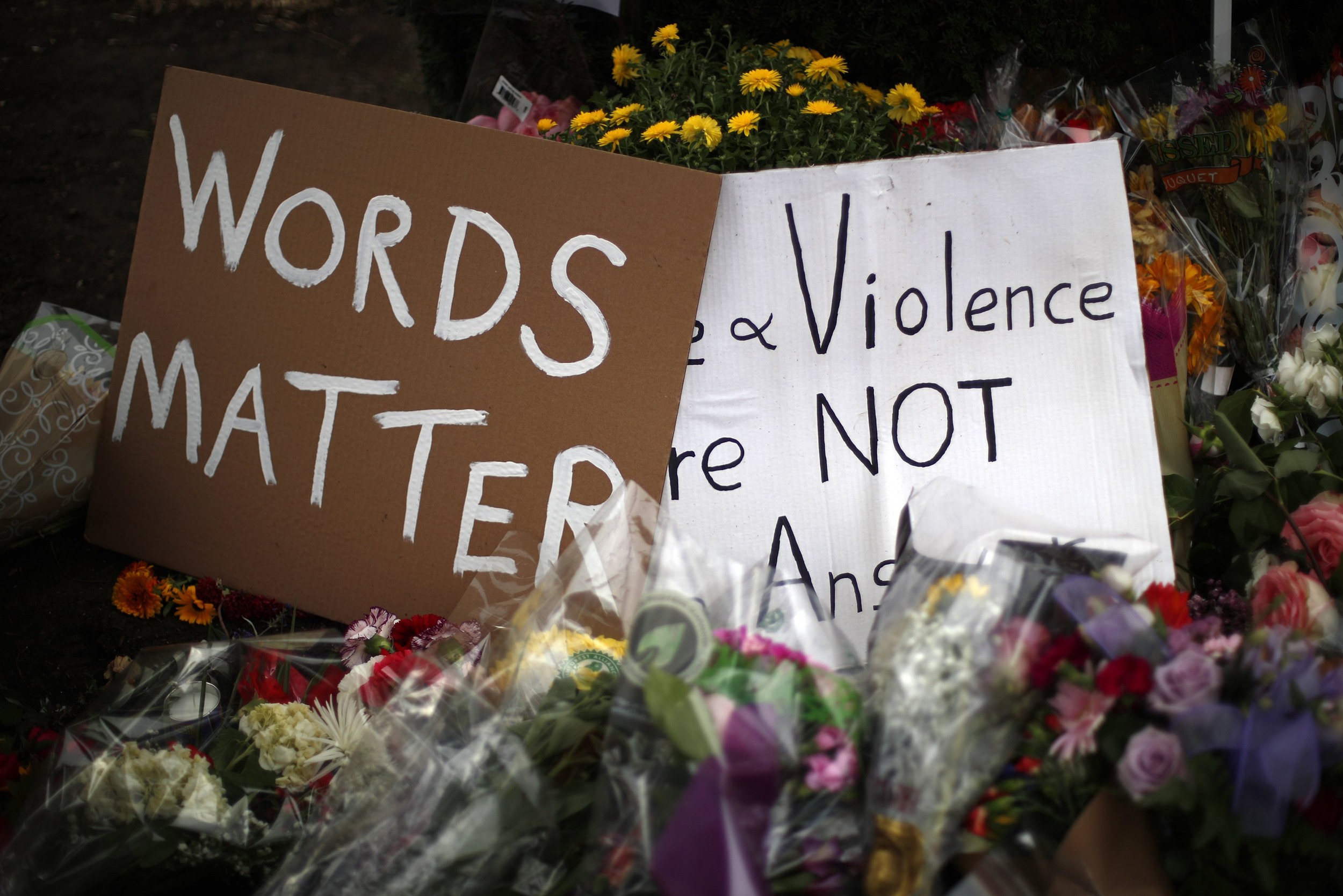Hate Crimes against the LGBTQ+ Community are WideSpread but often Unreported
Nearly 68% of the LGBTQ+ community say they’ve been subjected to hate crimes
A hate crime is defined as any act, which may or may not otherwise be a crime, that the victim or any other person perceives to be motivated by hostility or prejudice towards an aspect of a person’s identity. It could include (but is not limited to) verbal abuse, harassment, physical attacks, threats of violence and online abuse. And, despite strides forward in diversity and inclusion, even in 2022, the levels of hate crime and discrimination that LGBTQ+ people face remain concerningly high.
The research coincides with the launch of Zoteria, a new app created by the Vodafone Foundation, which offers help and advice to people affected by hate crime and makes it easier for them to report incidents.
All people have an equal right to live free from violence, persecution, discrimination and stigma. International human rights law establishes legal obligations on states to ensure that every person, without distinction, can enjoy these rights. However, millions of LGBTQ+ individuals, those perceived as LGBTQ+ and their families face widespread human rights violations. This is cause for alarm and action. Failure to uphold the human rights of LGBTQ+ people and protect them against abuses such as violence and discriminatory laws and practices, constitute serious violations of international human rights law and have a far-reaching impact on society – contributing to increased vulnerability to ill health including HIV infection, social and economic exclusion, putting strain on families and communities, and impacting negatively on economic growth.
States bear the primary duty under international law to protect everyone from discrimination and violence. These violations, therefore, require an urgent response by governments, parliaments, judiciaries and national human rights institutions. Community, religious and political leaders, workers’ organizations, the private sector, health providers, civil society organizations and the media also have important roles to play.

LGBTQ youth and lesbian, bisexual and transgender women are at particular risk of physical, psychological and sexual violence in family and community settings. They often face violence and discrimination when seeking refuge from persecution and in humanitarian emergencies. They may also face abuse in medical settings, including unethical and harmful forced or coercive sterilization, forced genital and anal examinations, and unnecessary surgery and treatment on intersex children without their consent.
In many countries, the response to these violations is inadequate, they are underreported and often not properly investigated or prosecuted, leading to widespread impunity and a lack of justice and support for victims. Human rights defenders combatting these violations are frequently persecuted and face discriminatory restrictions on their activities. And, in some countries, laws still criminalize consensual same-sex relationships between adults, exposing individuals to the risk of arbitrary arrest, prosecution, and imprisonment.
A study conducted by Vodaphone showed that despite being subject to hate crimes, 75% of victims never report the incident to the police due to feeling it was too minor or because they did not trust the police to take it seriously or do anything about it. The study also showed that people outside the LBGTQ+ community have limited knowledge of the problem and were not sure what constituted an LGBTQ+ hate crime. Some admitted they wouldn’t know what to do if they did witness such an incident.
Around 1 in 4 respondents (27%) in the study also said they had suffered a physical injury from a hate-fuelled attack and 65% reported being verbally abused or ridiculed. And, concerningly, the number of reported LBGTQ+ hate crimes in the UK is still rising nationwide. Home Office figures show the prevalence of homophobic, biphobic and transphobic hate crimes doubled between 2016 and 2021; and that’s not including the unreported cases.
To add to the issue, the study showed that people outside the LBGTQ+ community have limited knowledge of the problem or how to deal with it, some were not sure even what constituted an LGBTQ+ hate crime and some admitted they wouldn’t know what to do if they did witness such an incident.
The release of this new data coincides with the launch of Zoteria, a new app created by the Vodafone Foundation which enables people to report hate crime incidents, either against themselves or on behalf of someone else, and access support from LGBTQ+ charities. It also aims to improve the reporting of trends relating to LGBTQ+ hate crime, and so build a more accurate picture of the issue across the UK.
The idea for Zoteria came from a global competition at Vodafone which asked employees to create a tech solution for a social issue close to their hearts. It is important to help anyone impacted by hate crime and help everyone in society be able to be themselves. By working together, we can tackle LGBTQ+ hate incidents and make our communities safer for all.



